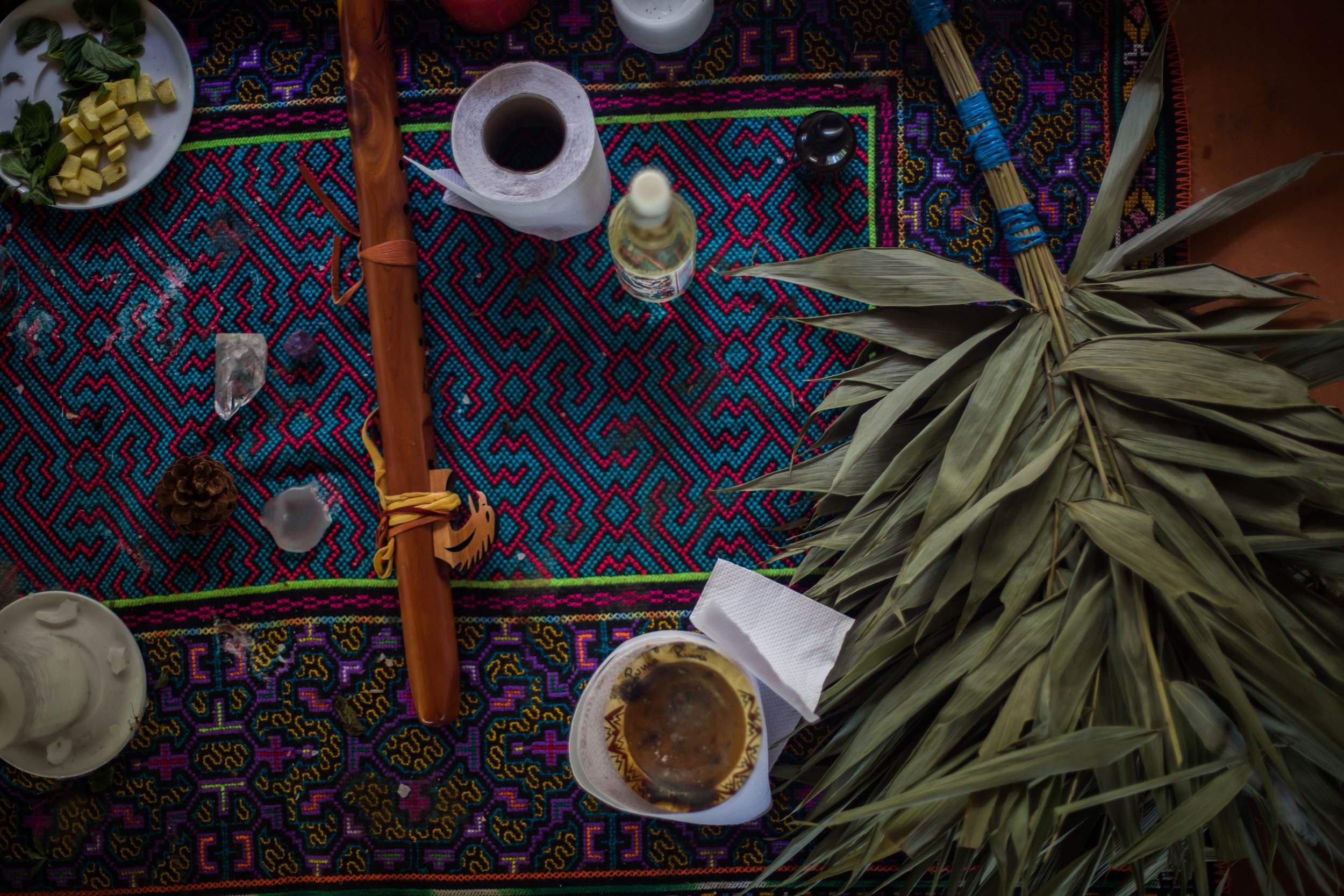A phenomenology of subjectively relevant experiences induced by ayahuasca in Upper Amazon vegetalismo tourism (2019)
Tom Wolff, Simon Ruffell, Nige Netzband, & Torsten Passie
A qualitative exploration of participant experiences of ayahuasca ceremonies.
This study investigated themes within the content of the ayahuasca visionary states experienced by participants at the Ayahuasca Foundation in Iquitos, Peru.
This heuristic study reports observations on the phenomenology of ayahuasca experiences of nine foreign tourist participants of an ayahuasca retreat in Peru.
Narrative interviews, reflecting individual experiences after ayahuasca “night ceremony,” have been analyzed by qualitative content analysis using a data-driven strategy in order to extract themes and categories inherent in the interviews. Previously, a demographic questionnaire was given. The dose–response connection was uncontrolled, which is typical for this naturalistic setting.
The typical structure of spontaneously reported experiences includes: personal preparation, physical symptoms, visual phenomena, cognitive and emotional phenomena, reactions of the individual within the psychedelic “world” as well as within ordinary reality, and appraisal to the process. Emotional reactions were subsumed under pleasant (psychotherapeutic “target emotions” and hedonistic emotions) and unpleasant emotions. For a majority, the presence of psychotherapeutic target emotions seemed to involve the presence of unpleasant emotions in the same session – possibly as transitional emotional states.
This suggests that psychodynamic processes, for example, possible activation of emotional conflicts – can take place spontaneously, during ayahuasca intake in this particular setting. Some participants attributed symbolic meaning to the visionary content, which was more likely to take place in psychotherapeutically motivated clients. The specific setting influence as well as corresponding expectations of the participants in native wisdom could have considerable influence on experiences and interpretations, such as communication with entities as well as receiving personal teachings.

